The countries that have banned conversion therapy
Former PM Theresa May has urged UK government to ban practice for transgender people
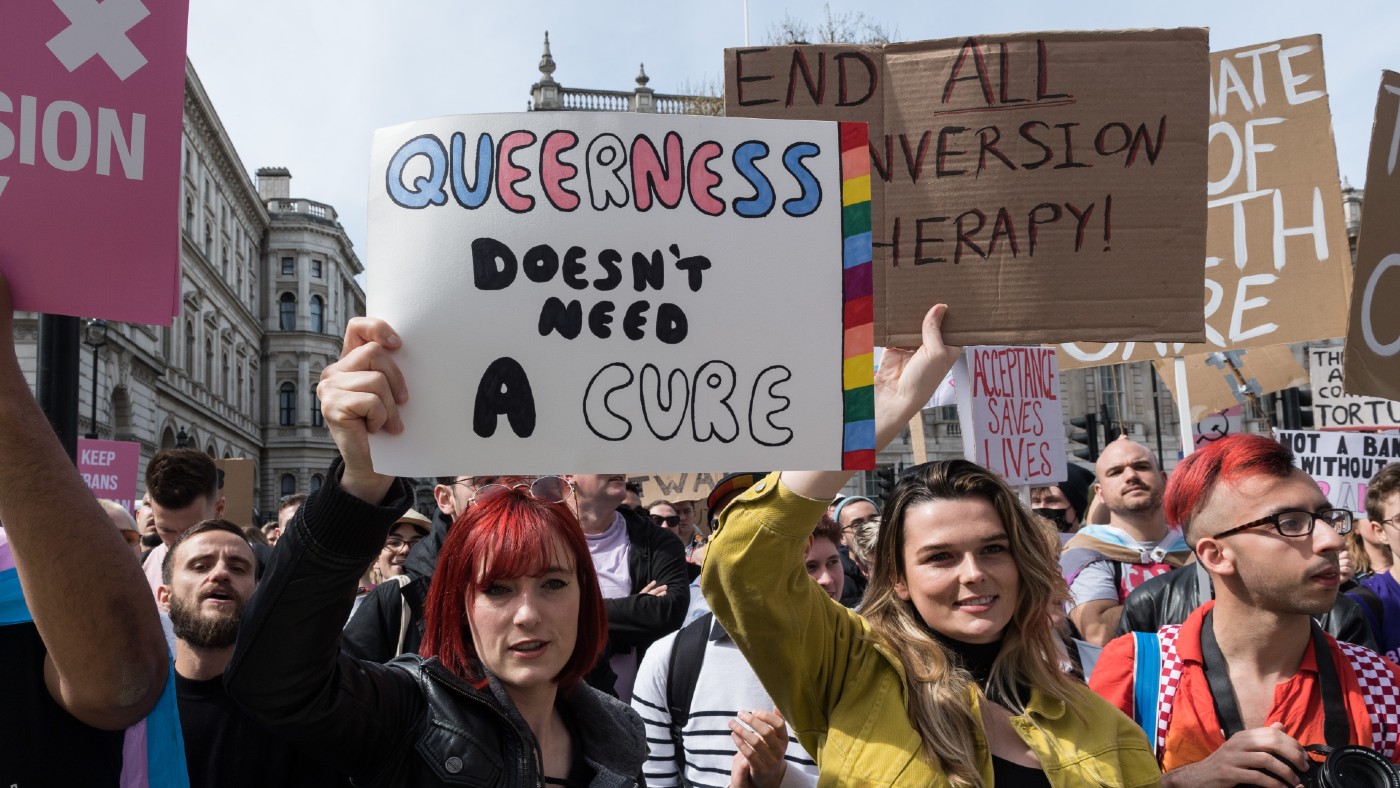
A free daily email with the biggest news stories of the day – and the best features from TheWeek.com
You are now subscribed
Your newsletter sign-up was successful
Theresa May has said there were times she “would have voted differently” on LGBTQ+ issues during her parliamentary career as she urged the government to ban all forms of conversion therapy.
Writing for the i news site, the former prime minister called on Boris Johnson’s administration to “keep its commitment to consider the issue of transgender conversion therapy”, adding that the matter “must not be allowed to slide” off the political agenda.
May previously voted against reducing the age of homosexual consent from 18 to 16 in 1998 but her attitude towards LGBTQ+ rights has since changed. During her time as prime minister, she promised to ban conversion therapy, a practice that attempts to suppress a person’s sexuality or gender identity.
The Week
Escape your echo chamber. Get the facts behind the news, plus analysis from multiple perspectives.

Sign up for The Week's Free Newsletters
From our morning news briefing to a weekly Good News Newsletter, get the best of The Week delivered directly to your inbox.
From our morning news briefing to a weekly Good News Newsletter, get the best of The Week delivered directly to your inbox.
In March, Johnson dropped plans to ban the practice of all forms of conversion therapy, a controversial decision that led to a “backlash from the LGBT community and negative reaction from Tory MPs”, said The Telegraph.
The PM had previously described conversion therapy as an “absolutely abhorrent” practice that “has no place in a civilised society and has no place in this country”. Pundits suggested his new position was linked to his attempts to “shore up support from the party’s Right” following calls for his resignation as a result of the Partygate scandal.
Johnson later reversed his decision and a subsequent Conversion Therapy Bill, outlined in this year’s Queen’s Speech, indicated that the government would ban the practice in “certain scenarios”, such as trying to change someone’s sexuality, but would not apply to transgender people.
Including gender in the legislation could have “unintended consequences”, said the BBC. This “might affect teachers, parents and therapists helping children who are struggling with their gender identity”.
A free daily email with the biggest news stories of the day – and the best features from TheWeek.com
What is conversion therapy?
Conversion therapy, which is sometimes also referred to as “reparative therapy”, tries to change someone’s sexual orientation or gender identity. That means that it tries to stop or suppress a person from being homosexual, or from living as a different gender to the sex recorded at their birth.
“It can include talking therapies and prayer,” said the BBC, “but more extreme forms can include exorcism, physical violence and food deprivation.”
The NHS, the British Psychological Society and other professional bodies have said that all kinds of conversion therapy are “unethical and potentially harmful”.
Where is conversion therapy illegal?
Brazil introduced a “trailblazing ban” on conversion therapy relating to sexual orientation in 1999, said the LGTBQ+ rights charity Stonewall. This was the world’s first conversion therapy ban, and it was expanded to cover gender identity in 2018.
Around 16 countries – including Samoa, Fiji, Taiwan, Argentina, Uruguay, Ecuador, Malta and Germany – have introduced some form of ban on conversion therapy. And many other states, cities and provinces are introducing legislation, according to the BBC.
New Zealand is the most recent country to pass new laws banning conversion therapy, introducing two criminal offences in February for attempts to change the sexual orientation, gender identity or gender expression of anyone under 18.
Meanwhile, countries including Ireland, Israel, Norway, Denmark and Finland are all currently looking at measures to ban conversion therapy, or are launching consultations.
-
 Local elections 2026: where are they and who is expected to win?
Local elections 2026: where are they and who is expected to win?The Explainer Labour is braced for heavy losses and U-turn on postponing some council elections hasn’t helped the party’s prospects
-
 6 of the world’s most accessible destinations
6 of the world’s most accessible destinationsThe Week Recommends Experience all of Berlin, Singapore and Sydney
-
 How the FCC’s ‘equal time’ rule works
How the FCC’s ‘equal time’ rule worksIn the Spotlight The law is at the heart of the Colbert-CBS conflict
-
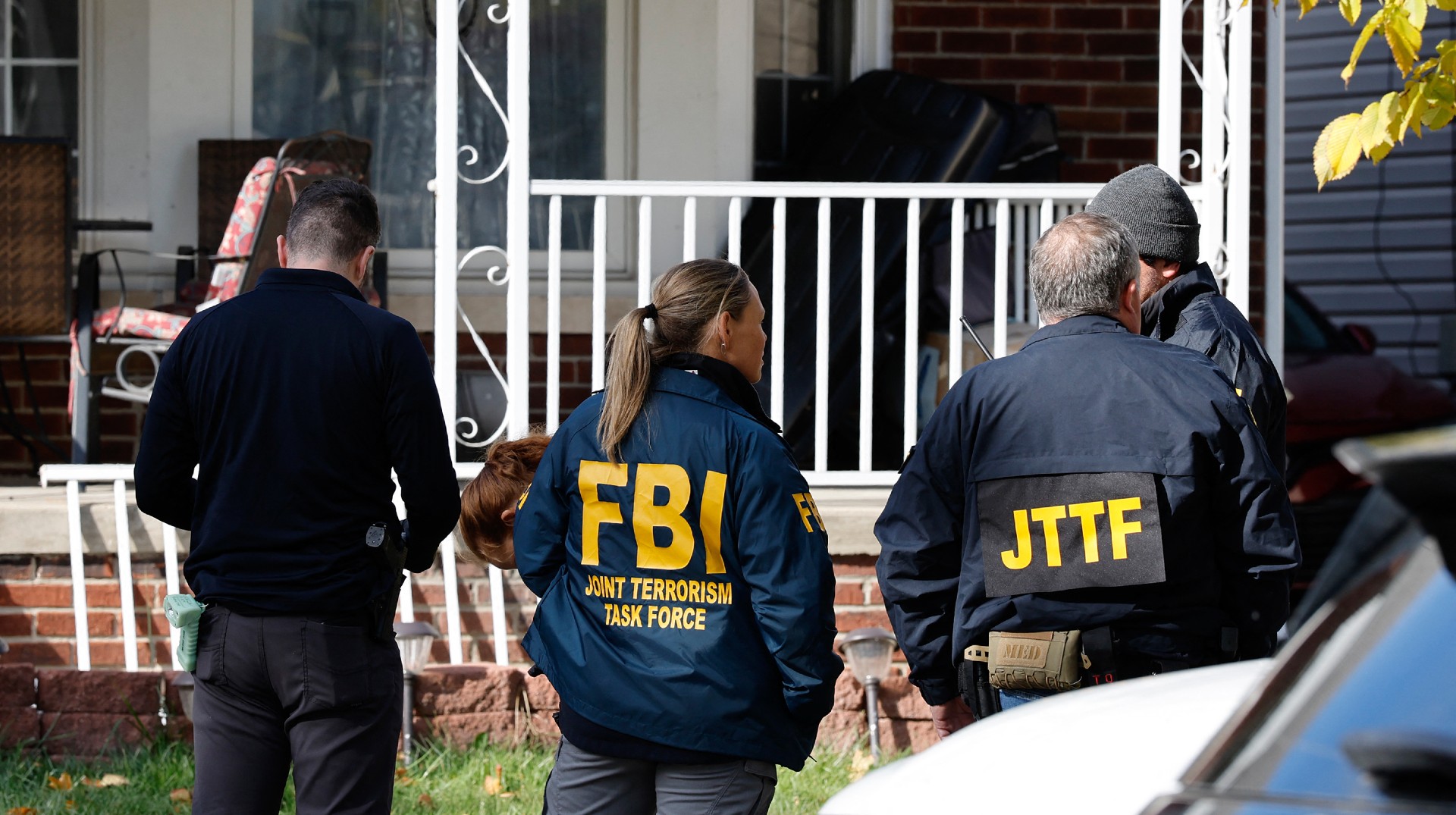 Two men accused of plotting LGBTQ+ attacks
Two men accused of plotting LGBTQ+ attacksSpeed Read The men were arrested alongside an unidentified minor
-
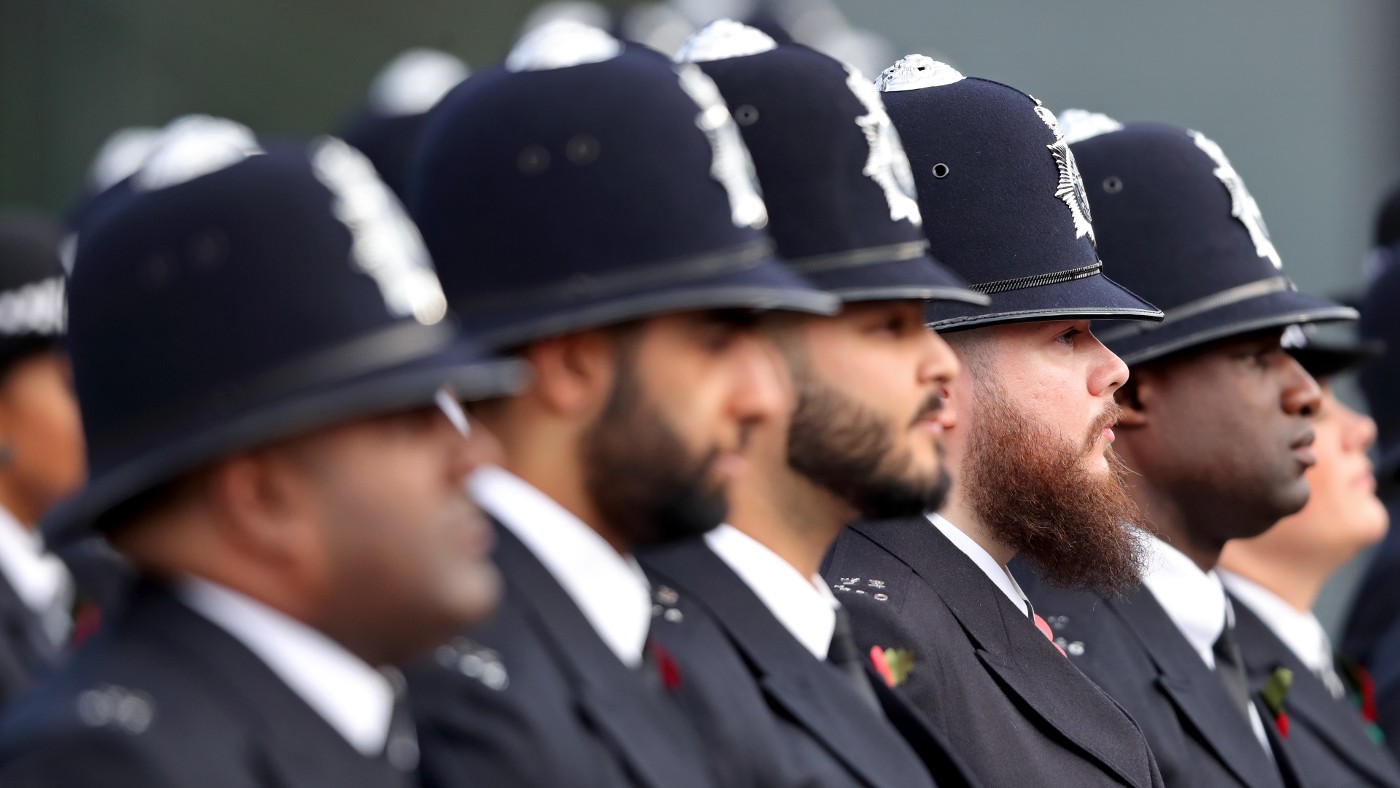 What putting Metropolitan Police in ‘special measures’ means for the force
What putting Metropolitan Police in ‘special measures’ means for the forceIn the Spotlight Scotland Yard facing greater scrutiny and pressure to produce improvement plan following criticisms by watchdog
-
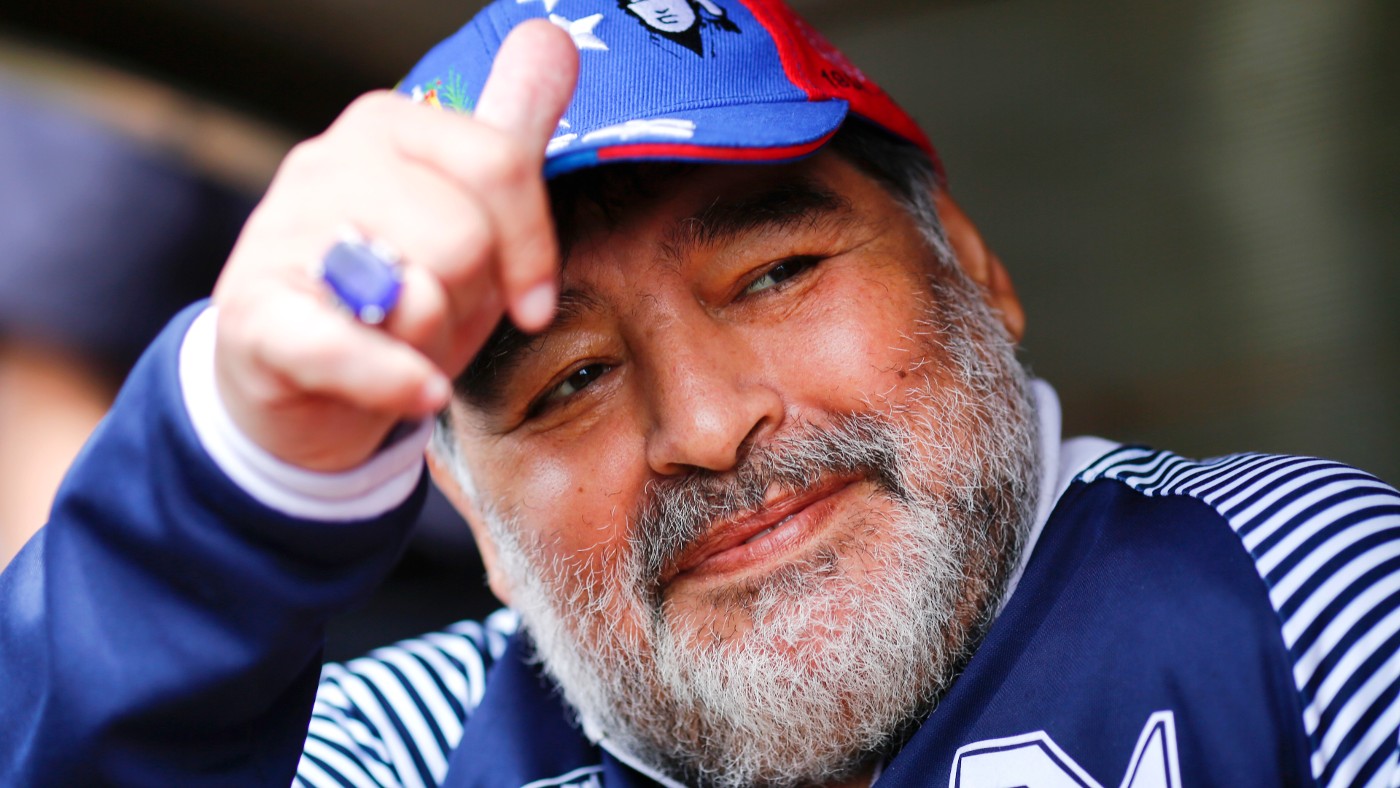 Maradona and the ‘simple homicide’ trial
Maradona and the ‘simple homicide’ trialIn the Spotlight Prosecutors claim football legend’s death was result of ‘omissions’ by medics and a psychologist
-
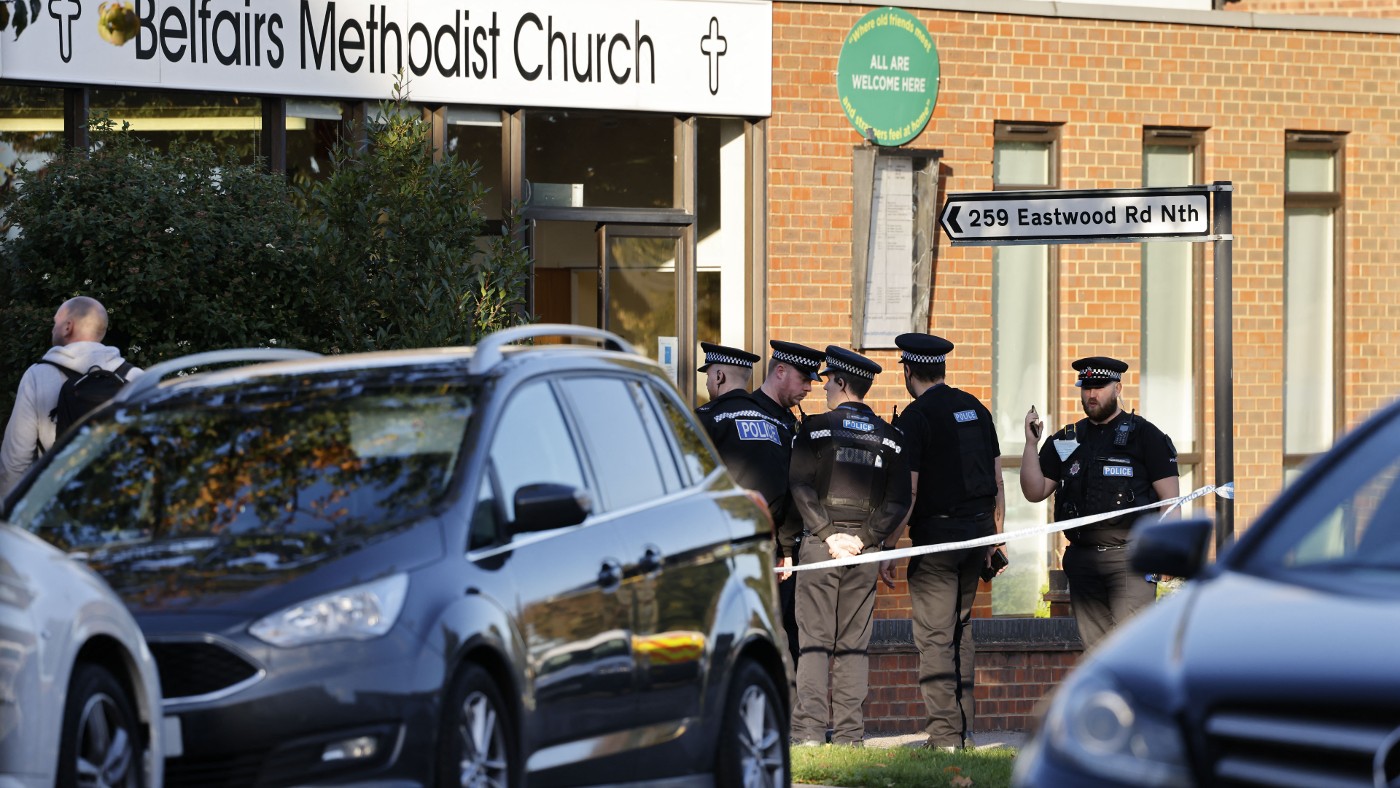 David Amess murder trial: ‘harrowing’ details of attack play out in court
David Amess murder trial: ‘harrowing’ details of attack play out in courtIn the Spotlight Emergency phone call by witness played to jury
-
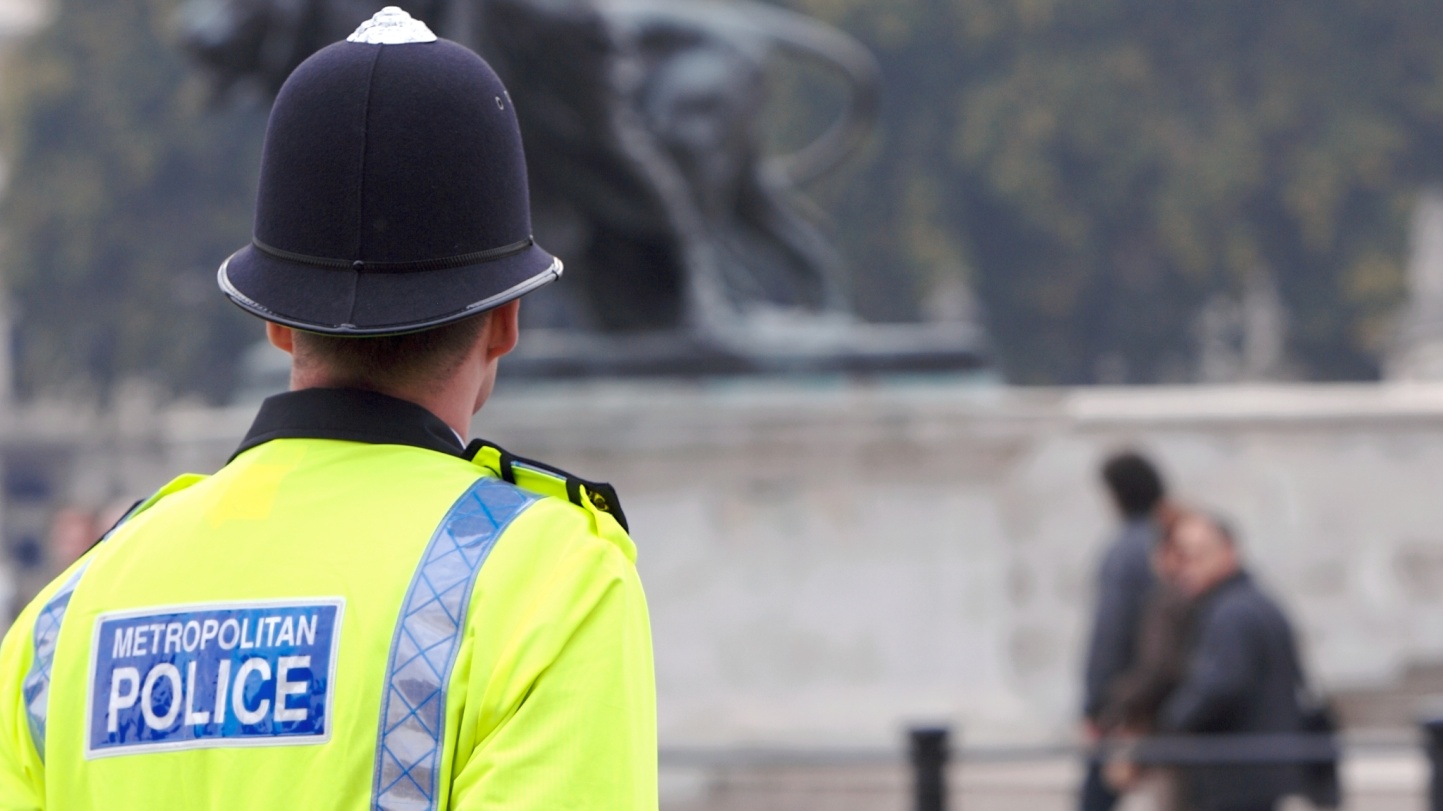 Can the Metropolitan Police rebuild public trust?
Can the Metropolitan Police rebuild public trust?In the Spotlight Hunt for a police chief beings as Cressida Dick steps down from top job
-
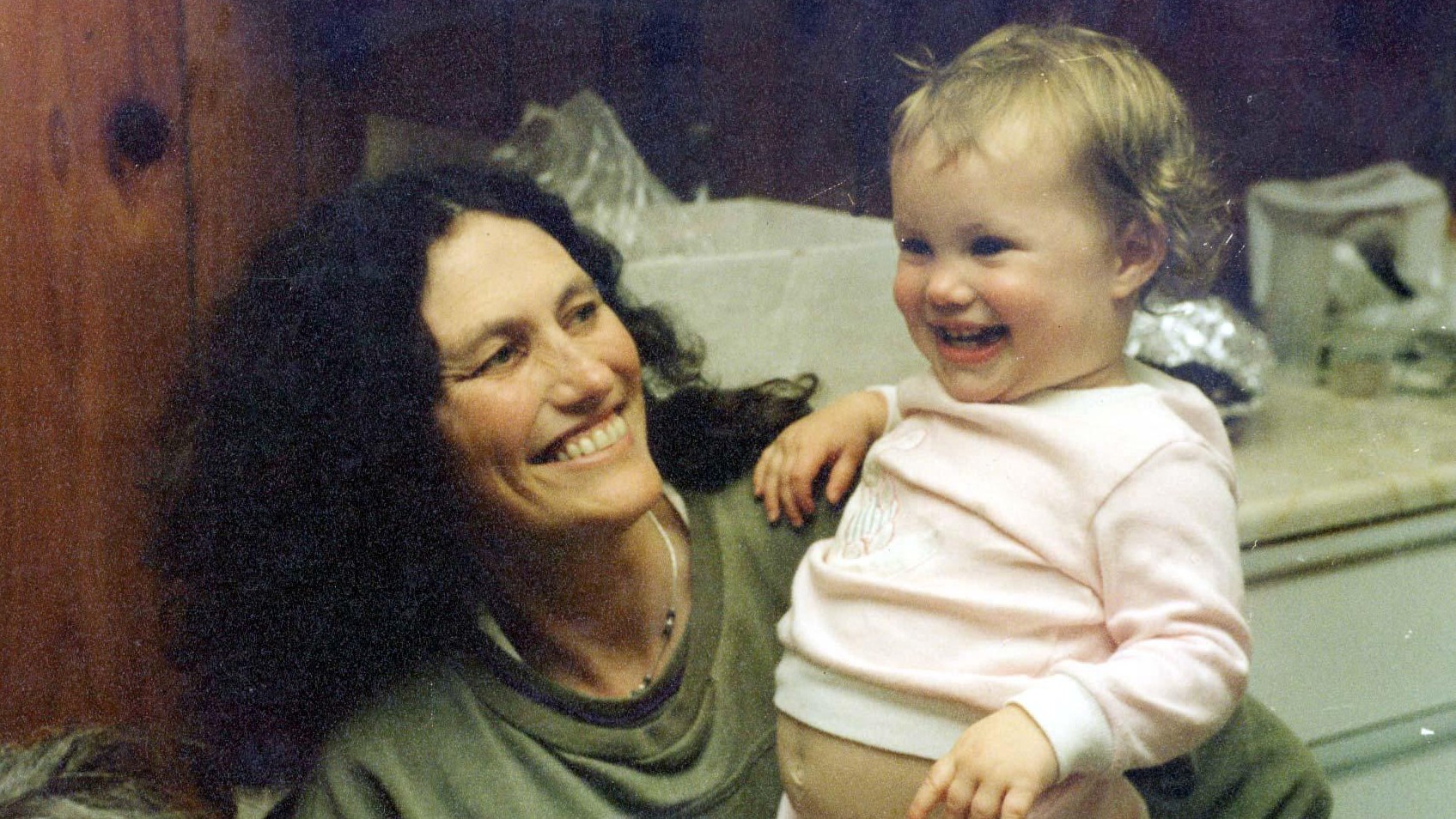 Is Levi Bellfield telling the truth about the Russell murders?
Is Levi Bellfield telling the truth about the Russell murders?In the Spotlight Killer confesses to double murder that put another man behind bars for two decades
-
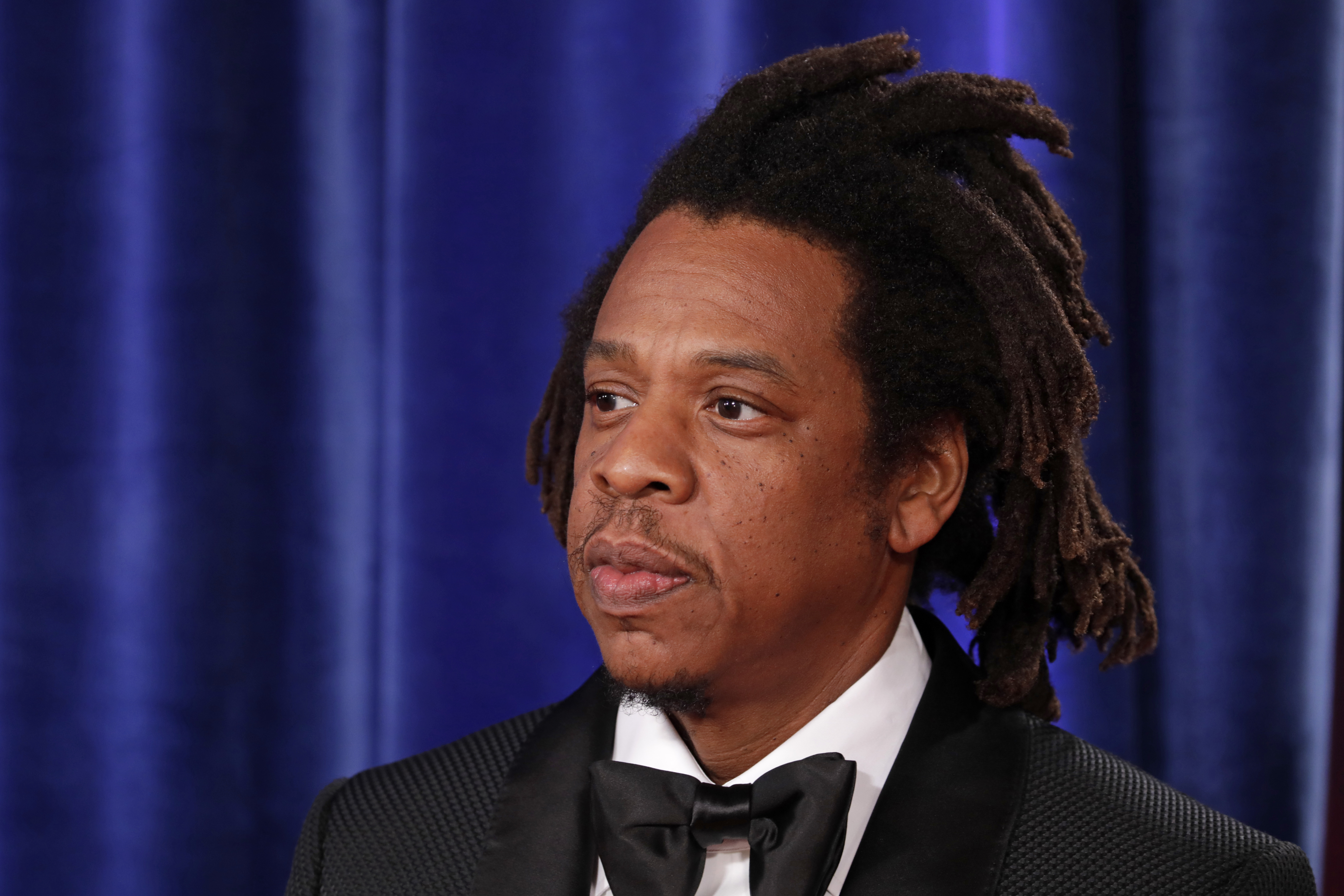 Rap on Trial: the battle to keep lyrics out of courtrooms
Rap on Trial: the battle to keep lyrics out of courtroomsIn the Spotlight Jay-Z among rappers backing legislation to stop defendants’ verses from being used against them
-
 ‘Gingerism’: the last socially acceptable form of bullying?
‘Gingerism’: the last socially acceptable form of bullying?In the Spotlight Human rights champion calls for greater protection for red-headed children